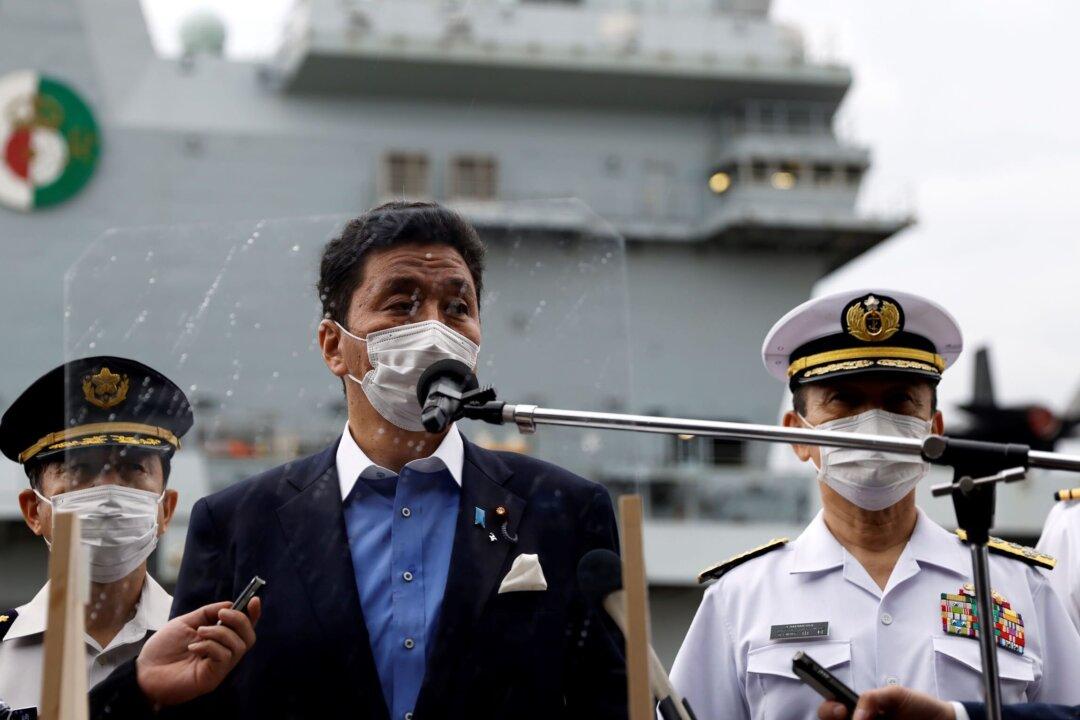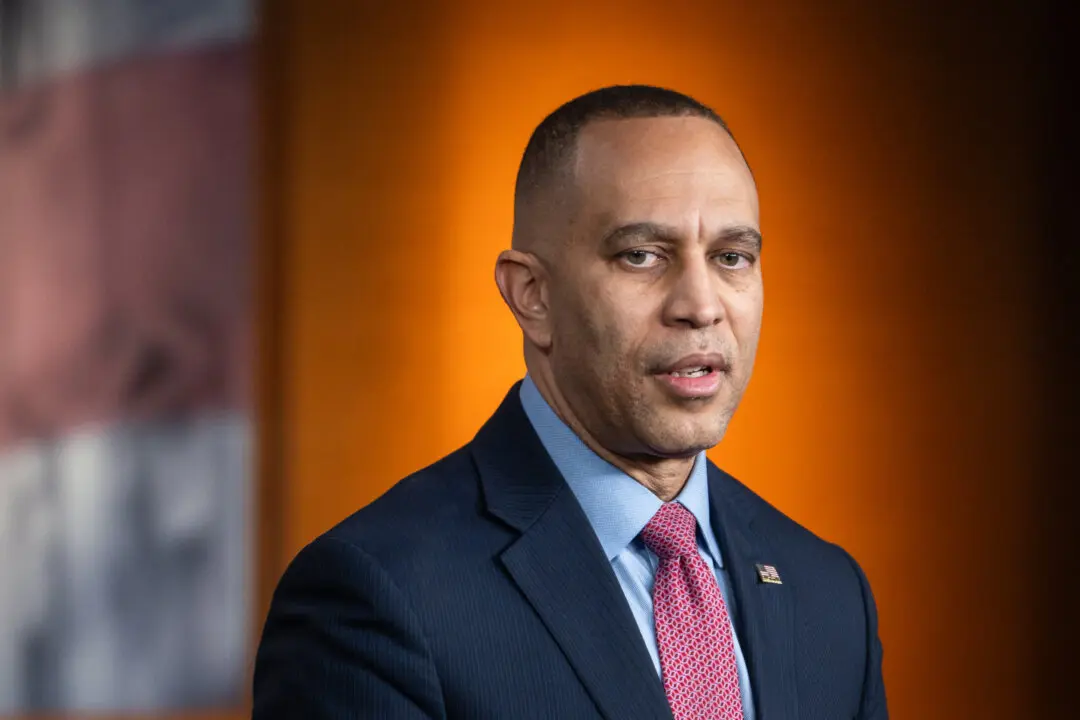Japan’s Defense Minister Kishi Nobuo spoke to his Chinese counterpart Wei Fenghe via video conference on Monday, conveying Japan’s opposition to unilateral attempts to change the status quo in the East China Sea by coercion.
Kishi voiced concerns about the situation in the East China Sea, particularly the Senkaku Islands where China has been making repeated intrusions, urging China to “self-restraint,” according to the Japanese Defense Ministry.





